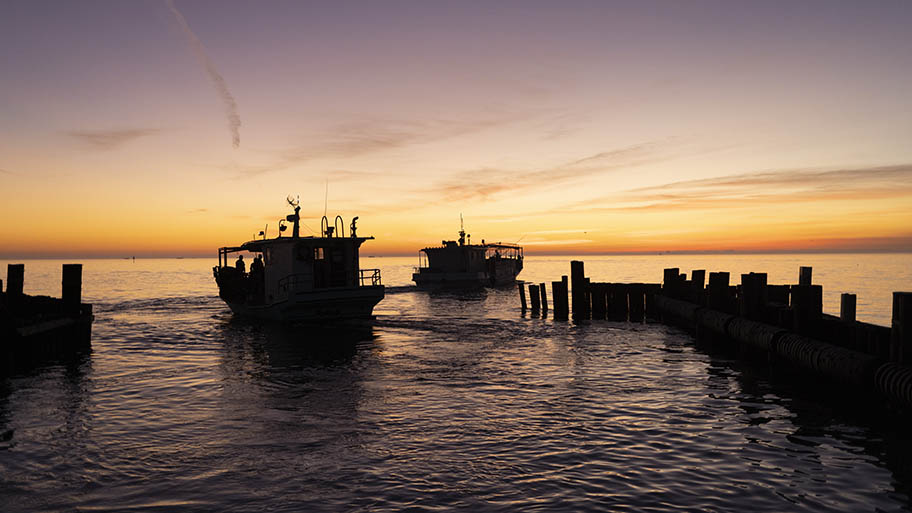
The United Nations Food and Agriculture Organization (UN FAO) has called for a “Blue Transformation”, expanding the contribution of fish, seafood and seaweed to food security and nutrition.
This transformation must also be ecologically sensitive, aiming to meet the UN’s Sustainable Development Goals.
The call is made in the latest publication of the UN FAO’s State of the World Fisheries and Aquaculture 2022 (SOFIA) report, which is published every two years. It provides the most comprehensive global analysis of seafood consumption, production, trade and sustainability.
Globally the percentage of the world’s fish stocks subject to overfishing has increased from around 10% of wild stocks in the 1970s to 34.2% in 2017 and 35.4% in 2019. However, the report shows that 82.5% of volume of fish landed is now sustainably fished – an increase of 3.8% between 2017 and 2019. This positive trend reflects improvements in the sustainability of larger, higher volume fisheries.
Commenting on the findings Marine Stewardship Council Chief Executive Rupert Howes said: “The report clearly points to the critical role that sustainable fisheries management has in securing the future of global fish stocks… This rise [in the volume of fish from sustainable stocks] is testament to the hard work of fishers and many others, working in the sustainable seafood movement.
“However, the continued rise in fish stocks at biologically unsustainable levels, is a sobering reminder of what is at stake and the need for greater action, faster and at scale, to save our precious and unique fishing resources. The livelihoods and food security of many millions around the world, are dependent on this action.”
The UN FAO SOFIA report shows an increasing demand for aquatic foods with seafood production reaching a record high of 214 million tonnes in 2020 – 90.3 million tonnes of which comes from wild capture fisheries. A record 157 million tonnes went directly to human consumption, increasing on average by 3% per year since 1961, a rate almost twice that of annual population growth. Per capita seafood consumption in 2020 was 20.2kg, more than double the 9.9kg per capita consumption in the 1960s.
To continue to meet demand, the UN FAO calls for a ‘Blue Transformation’ in how we produce, manage, trade and consume aquatic foods. Achieving this transformation would help to achieve multiple Sustainable Development Goals including safeguarding life below water (SDG14), alleviating hunger (SDG2) and securing decent work and economic growth (SDG8). It would, the authors say, also reduce pressure on land-based food systems, with the potential to grow aquatic food consumption to 25kg per person per year by 2050. Effective ecosystem-based fisheries management, ending overfishing, is one of three core pillars for delivering this transformation.
Welcoming this vision, Rupert Howes said: “Fish stocks are the ultimate renewable low carbon food resource. When managed sustainably, they are more productive in the long-term and sustainable fishing should be at the centre of a ‘blue food revolution’ for resilient food systems for the future.
“But this report shows if that prospect is to become a reality, we must renew our focus on ending over-fishing. This is a collective effort - scientists, fisheries managers, NGOs and the private sector must work together. We particularly need governments to do more. They need to look beyond national self-interest and act to secure the long-term future of this shared resource. If we prioritise action, we can secure our fish stocks for future generations to end overfishing.”
The report recognises the role of certification schemes such as that overseen by the MSC in contributing to this effort.
This week at the UN Ocean Conference, the MSC announced an ambitious commitment to work towards one third of global wild marine catch certified or engaged in its sustainable fishing programme by 2030.
Over the coming weeks the MSC will be sharing further insights and analysis from the UN FAO SOFIA 2022 report.
Read a digital summary of the report.
Find out more about how the MSC is supporting efforts to deliver the UN SDGs.
